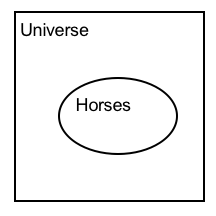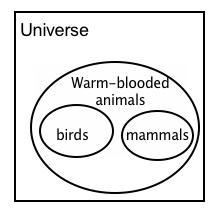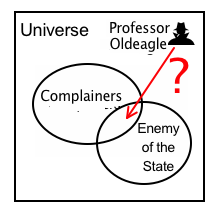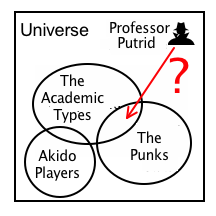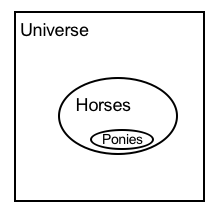
The way things work, humans often
discover narrow categories of things first, and only later discover
that things in the narrower categories are grouped together under
larger categories. For instance, humans have known about birds, fish,
mammals, reptiles, etc. The earliest lumping together may have been
when people started talking about "birds and beasts." Humans originally
didn't know about the dinosaurs, so they were left entirely out of the
picture.
More recently, humans have started noticing that mammals and birds are
more similar to each other than are, e.g., birds and snakes.
Functionally, at least, they are similar in being warm-blooded. Being
warm-blooded means that an organism can function in much colder weather
than can the other kinds of animals.
